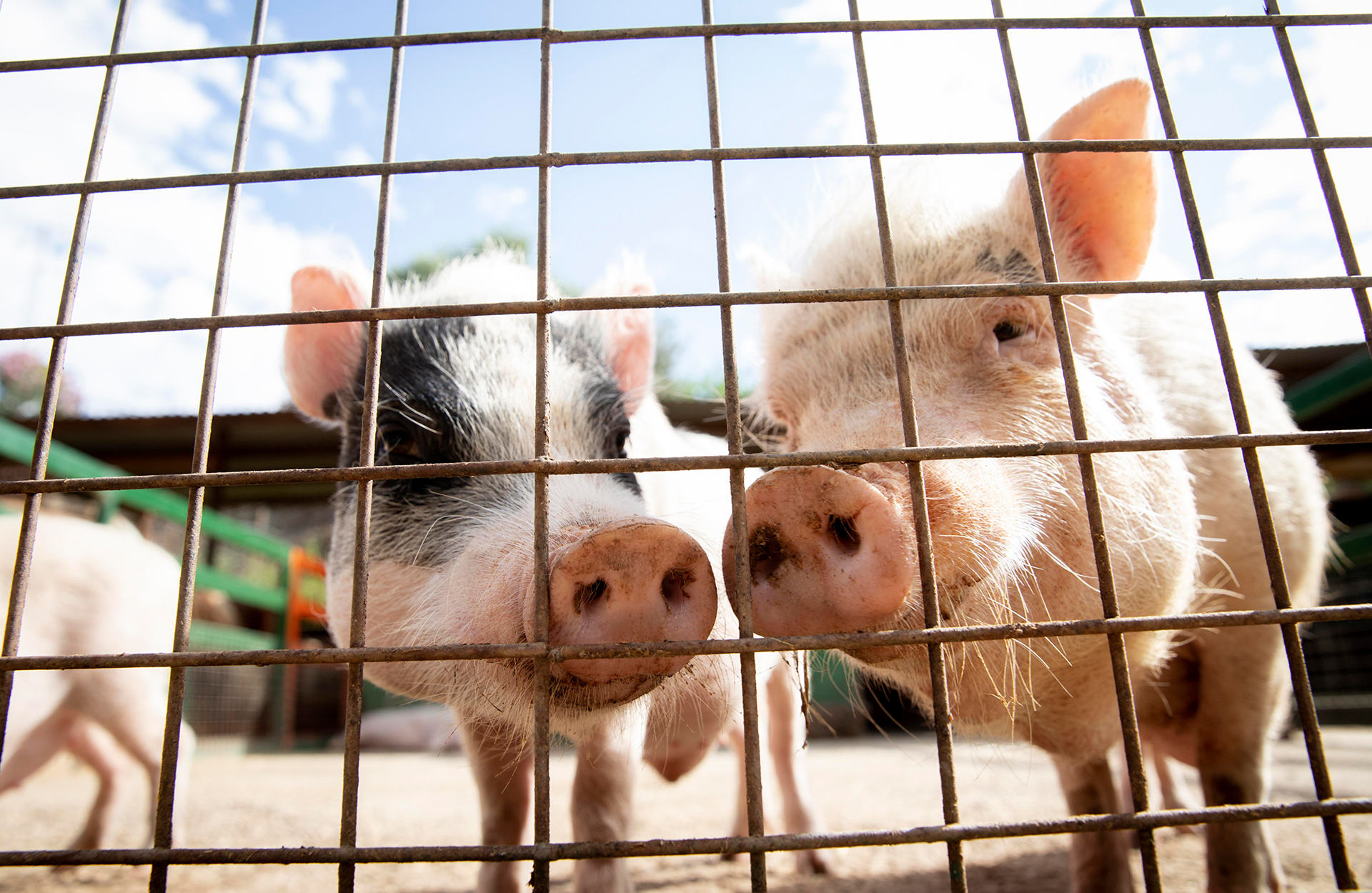African swine fever (ASF) has caused significant economic losses and devastation to the hog industry in the Philippines. In the province of Iloilo, the hog industry has lost P1.5 billion due to ASF infections, according to the Provincial Veterinary Office (PVO). Since the highly contagious disease hit the province in October 2022, a total of 151,914 pigs have either died or been culled.
ASF is a viral disease that causes hemorrhagic fever in pigs that almost always ends in death. It is not considered a human health threat, but it can spread rapidly within a pig population, leading to high mortality rates and economic losses. Each pig costs an estimated P10 thousand, and ASF also affects the sales of fresh and processed pork, veterinary drugs, and hog feeds.
The culling of infected and at-risk pigs is the primary means of controlling the spread of ASF. The PVO has been working to contain the spread of the virus, but since the first ASF case was detected in Oton last year, the disease has since spread to 23 other towns. The outbreak has caused significant economic losses and has affected the livelihoods of hog raisers in the province.

The hog industry in Iloilo is one of the largest in the country, with over 30,000 backyard and commercial hog raisers. The ASF outbreak has highlighted the importance of biosecurity measures in hog farming and the need for effective measures to prevent and control the disease. The government has implemented measures such as financial assistance to affected hog raisers, checkpoints, and strict biosecurity measures to help contain the spread of ASF.
African swine fever is a severe viral disease that poses a significant threat to the hog industry and food security. The ASF outbreak in Iloilo has highlighted the need for effective measures to prevent and control the disease and the importance of biosecurity in hog farming. The government and hog raisers must work together to prevent the further spread of ASF and protect the hog industry’s future.




leave your comment